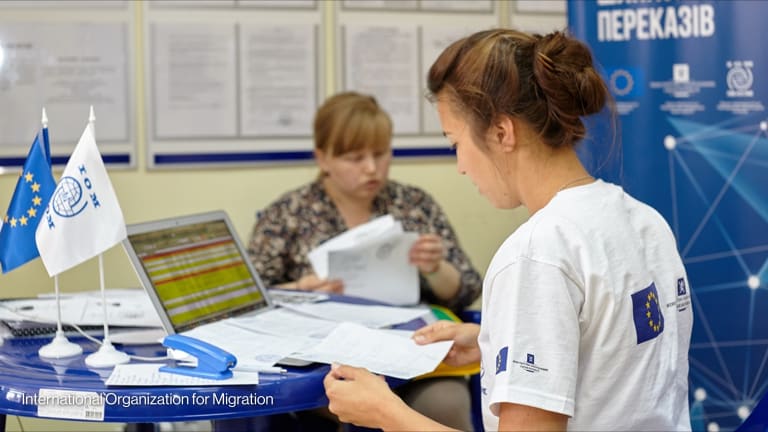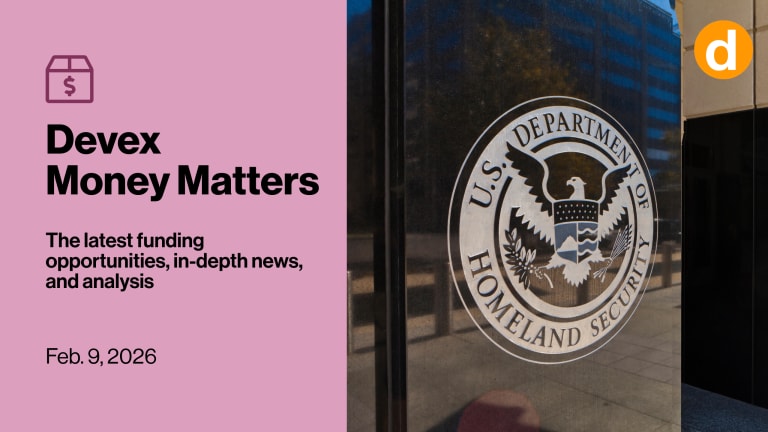Back in 2004, hundreds of thousands of Ukrainians filled Kiev’s Independence Square, successfully challenging the widely disputed results of the country’s presidential election. At the time, the popular uprising — which came to be known as the Orange Revolution — seemed to put Ukraine squarely on a democratic path while also raising hopes for its economic renewal. Yet nine years since the Orange Revolution captured the world’s attention, Ukraine continues to struggle with its transition from authoritarian rule.
Ukraine’s progress on its democratic reforms over the past decade has been uneven and inconsistent, analysts say. Most recently, parliamentary elections in October 2012 were marred by widespread allegations of irregularities. Citing deteriorating press freedom as well as government hostility toward opposition gatherings and foreign groups, the U.S.-based Freedom House downgraded Ukraine in 2011 from “free” to “partly free” in its annual assessment of civil liberties worldwide.
Meanwhile, serious structural weaknesses — including a cumbersome regulatory regime and significant fiscal imbalances — have hampered the Ukrainian government’s efforts to jumpstart growth following the global financial crisis. Ukraine’s economy slipped into recession in the second half of last year. Economists forecast the country’s real gross domestic product will register sluggish 1 percent growth in 2013.
This story is forDevex Promembers
Unlock this story now with a 15-day free trial of Devex Pro.
With a Devex Pro subscription you'll get access to deeper analysis and exclusive insights from our reporters and analysts.
Start my free trialRequest a group subscriptionSearch for articles
Most Read
- 1
- 2
- 3
- 4
- 5








